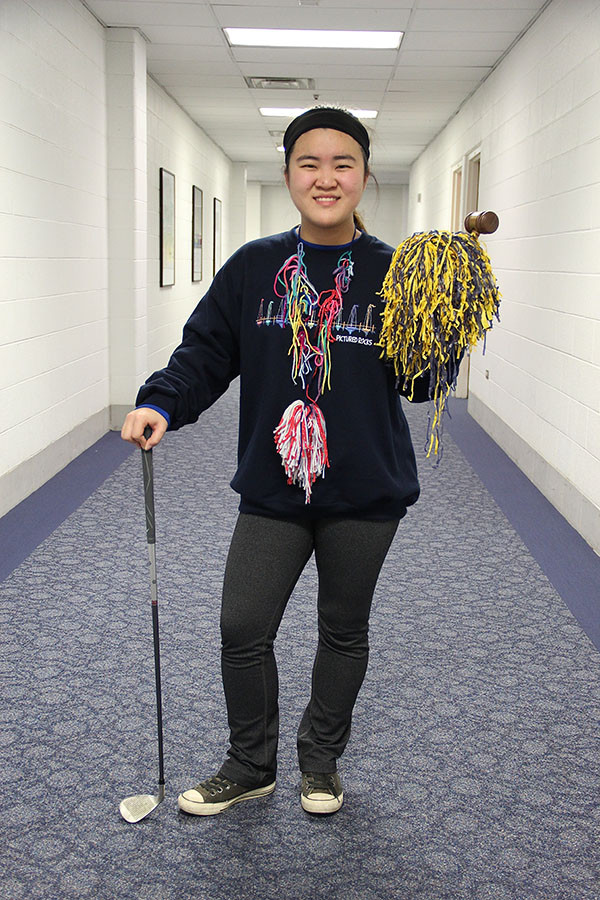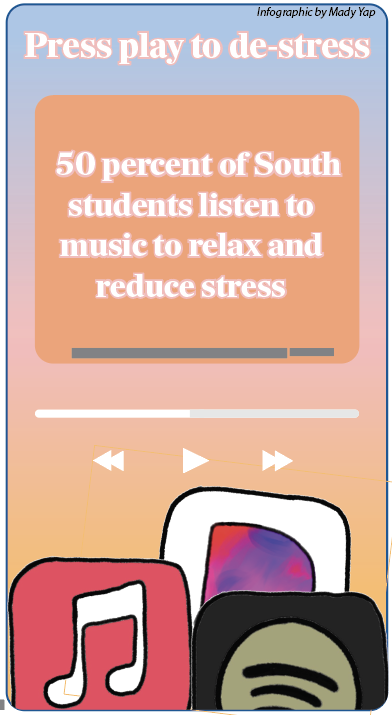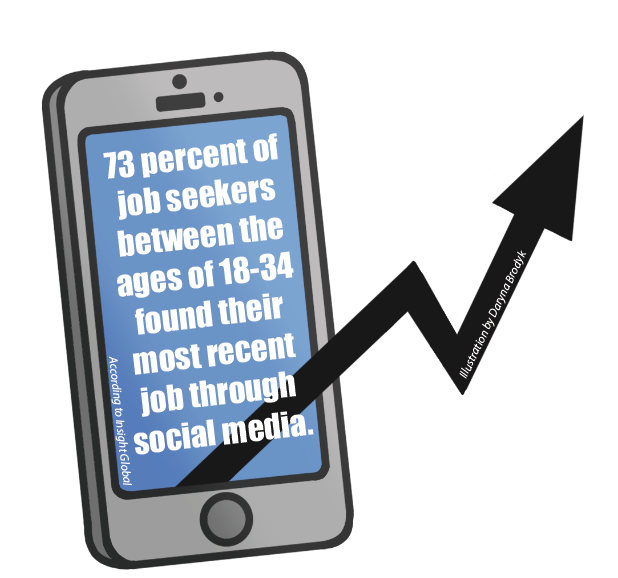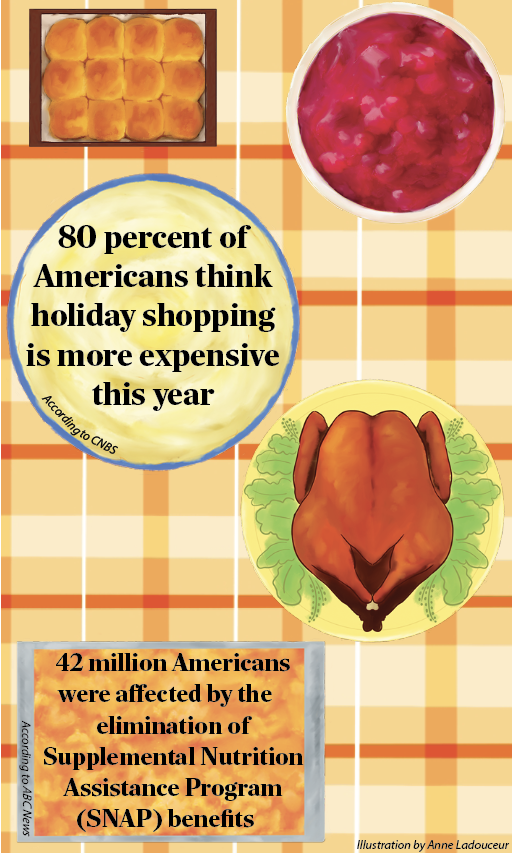According to Illinois Report Card, Glenbrook South is 67.5 percent white, 17.9 percent Asian, 10.3 percent Hispanic, and 1.2 percent black. Compared to many other high schools in Illinois, South is fairly ethnically diverse. You hopefully won’t find words like “chink,” “frypan” or “tableface,” the usual pejorative terms used to insult Asians, thrown around too much at South.
I was harmed by these words when I was younger. If you were to ask 10-year-old Justine Kim what it meant to be Asian, she would look at you with a glare and say, “Don’t describe me as Asian, I hate it.” My shame for my skin color, culture and myself was a direct result of the insults thrown at me. Seven years later, I feel disgusted not only with my fifth grade shame, but at the kids who made those horrible comments.
I’m glad that we’re past using such words, but even with the large amount of diversity at this hallowed institution, there are still undertones of a color awareness not only in our halls, but within all of Western society.
Obviously, calling someone a “chink” is a racist comment. But I have experienced a far more subtle form of racism. It’s a backhanded compliment that people don’t even realize they’re giving in our day and age. Asians are proving that they are no longer just immigrants or non-English speakers, but are as capable as any other ethnicity.
I am a self-described leader, student and weirdo. I have gone through high school trying to separate myself from the stereotypes that still plague our society. However, in the process of trying to differentiate who I am from the other 1.7 million Koreans in the United States, a statement I constantly hear is, “It’s really awesome that you’re Asian and you do [insert activity here],” whether that blank be filled by Model UN or Comedy Troupe.
Why is it still “unique” to be Asian and not on the math team? Such assumptions are even more offensive than being called a “chink.” The racist undertones imply that because it’s not within my stereotype to perhaps be in comedy, that it’s an “accomplishment.”
I sometimes go along with the jokes made about my facial features, whether it be commentary about the shape of my eyes or the color of my skin, or even when people ask if my uncle is Supreme Leader Kim Jong Un. I understand jokes, but hopefully me and other people of a minority race can be defined by our accomplishments instead of our race.








